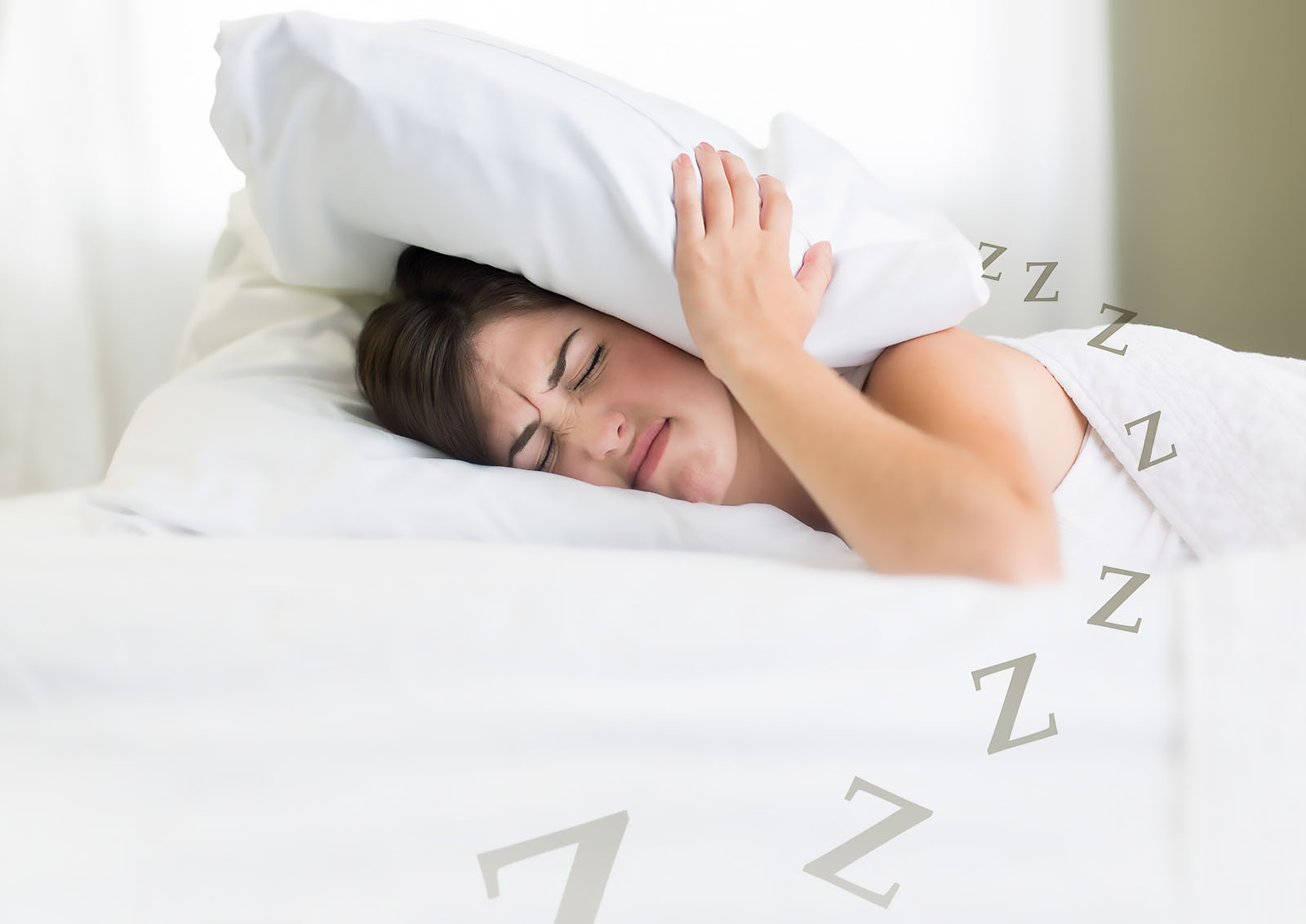Don’t ignore the snore.
By Paula Franken
If your bedmate is a snorer, you may find yourself lying awake and counting sheep (or fumbling for earplugs). But they’re not doing it on purpose — and persistent snoring could be a sign of something else.

“Many people who snore have obstructive sleep apnea, a common medical condition that happens when the airway at the back of the throat becomes physically blocked,” explains Geisinger otolaryngologist Kevin Stavrides, MD. “Breathing can stop for up to a minute and the sleeper may gasp, snort and jolt themselves awake.”
Sleep apnea has a variety of causes. Carrying a few too many pounds is the most common culprit. Heavy smoking, drinking and using sedatives can also be factors — as can sleeping on your back instead of on your side.
“Simple lifestyle changes are often all it takes to solve the problem,” says Dr. Stavrides. “But if snoring persists, your doctor will probably order a sleep study.”
If you’re diagnosed with sleep apnea, you may come home with a continuous positive airway pressure (CPAP) or bi-level positive airway pressure (BiPAP) machine. These devices push air through a mask you wear to bed, keeping your airway open as you sleep.
Another option: a mouthpiece that holds your jaw and tongue in place. This can help with mild sleep apnea that’s triggered by anatomical features.
For others, a hypoglossal nerve stimulator may be recommended. “It’s an implantable device that you turn on before bed to stimulate your neck, causing your airway to open,” explains Dr. Stavrides.
Finally, there’s surgery to remove tissue and expand the airway, but it’s not an option for everyone. Only a sleep surgeon can determine if it’s right for you.
Since most people with sleep apnea don’t realize they have it — after all, they’re the ones snoring away — it takes a bed partner or a roommate to (gently) point it out.
And you’ll be doing them a favor. Because you’ll both sleep better once it’s corrected.
The wellness you need, in a style you’ll love — delivered.
Sign up to have PA Health sent to your mailbox or inbox 4 times a year, for free.
